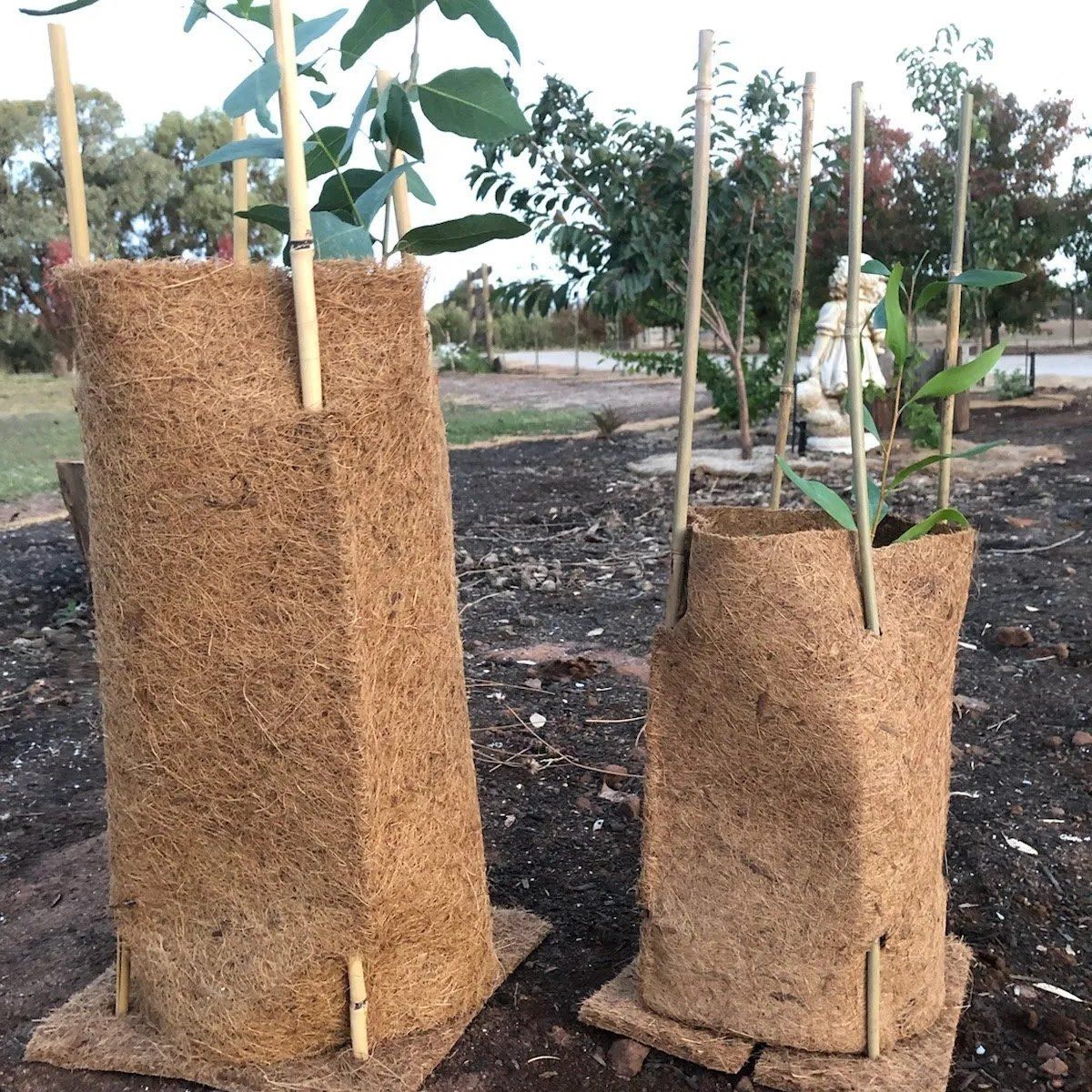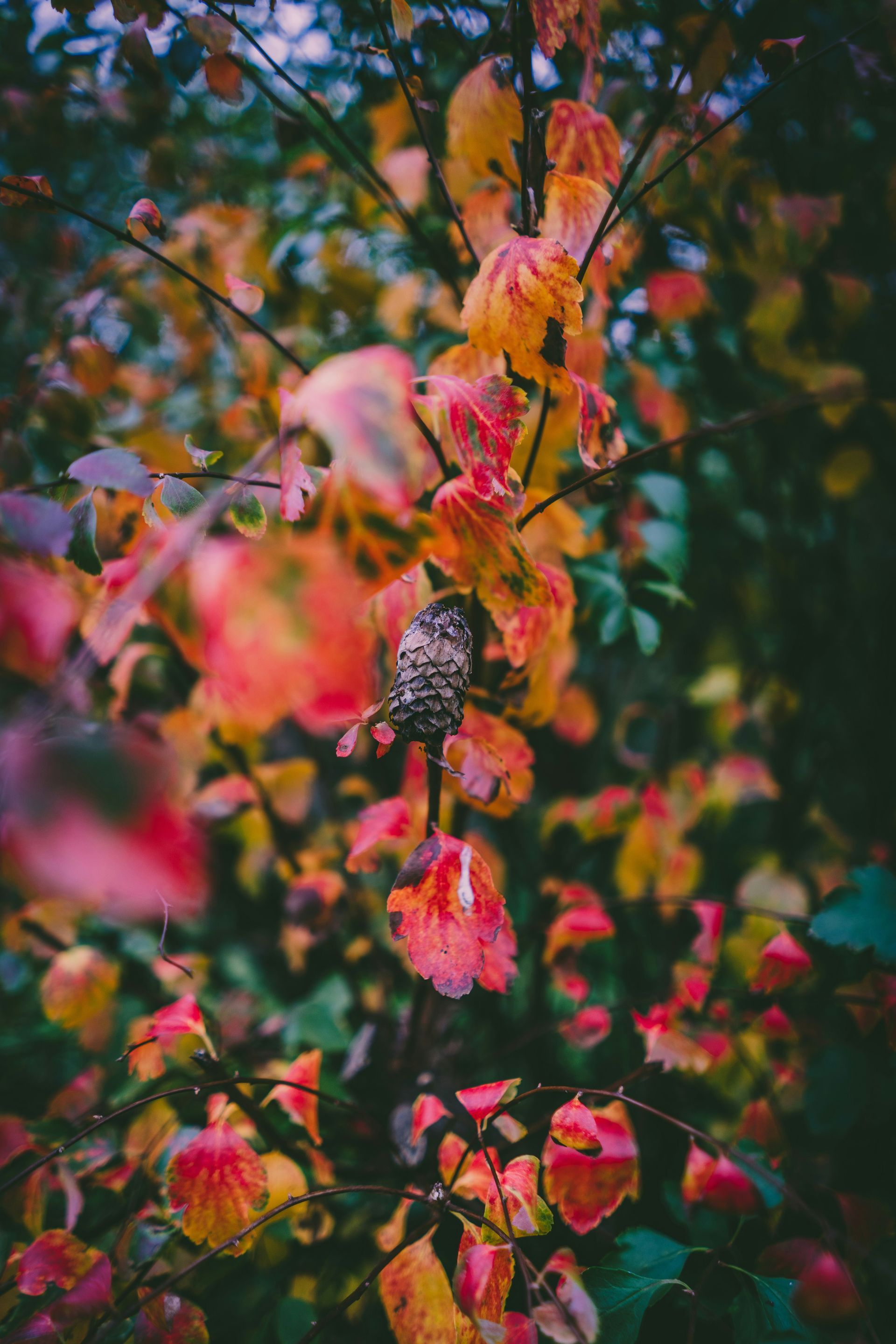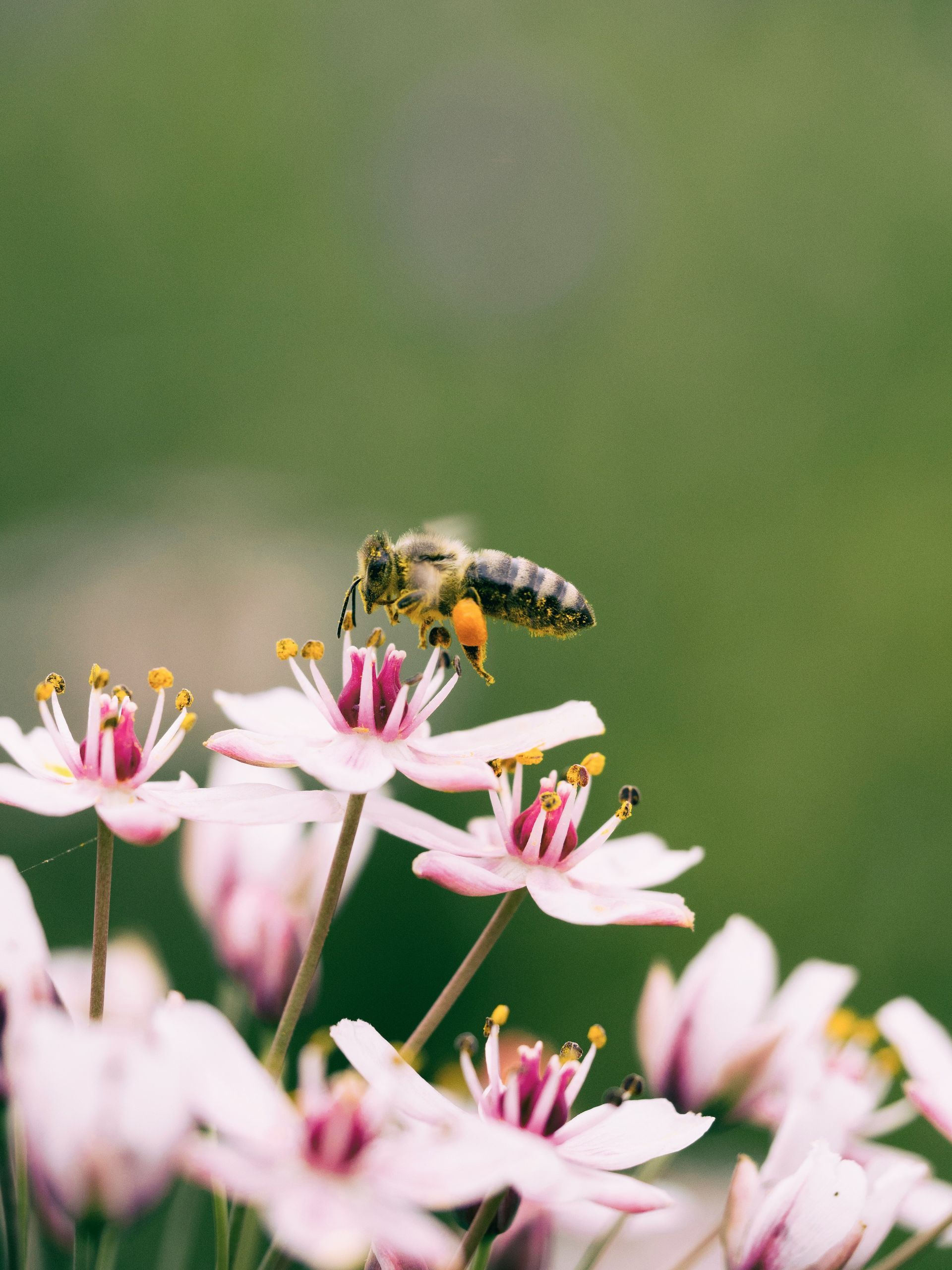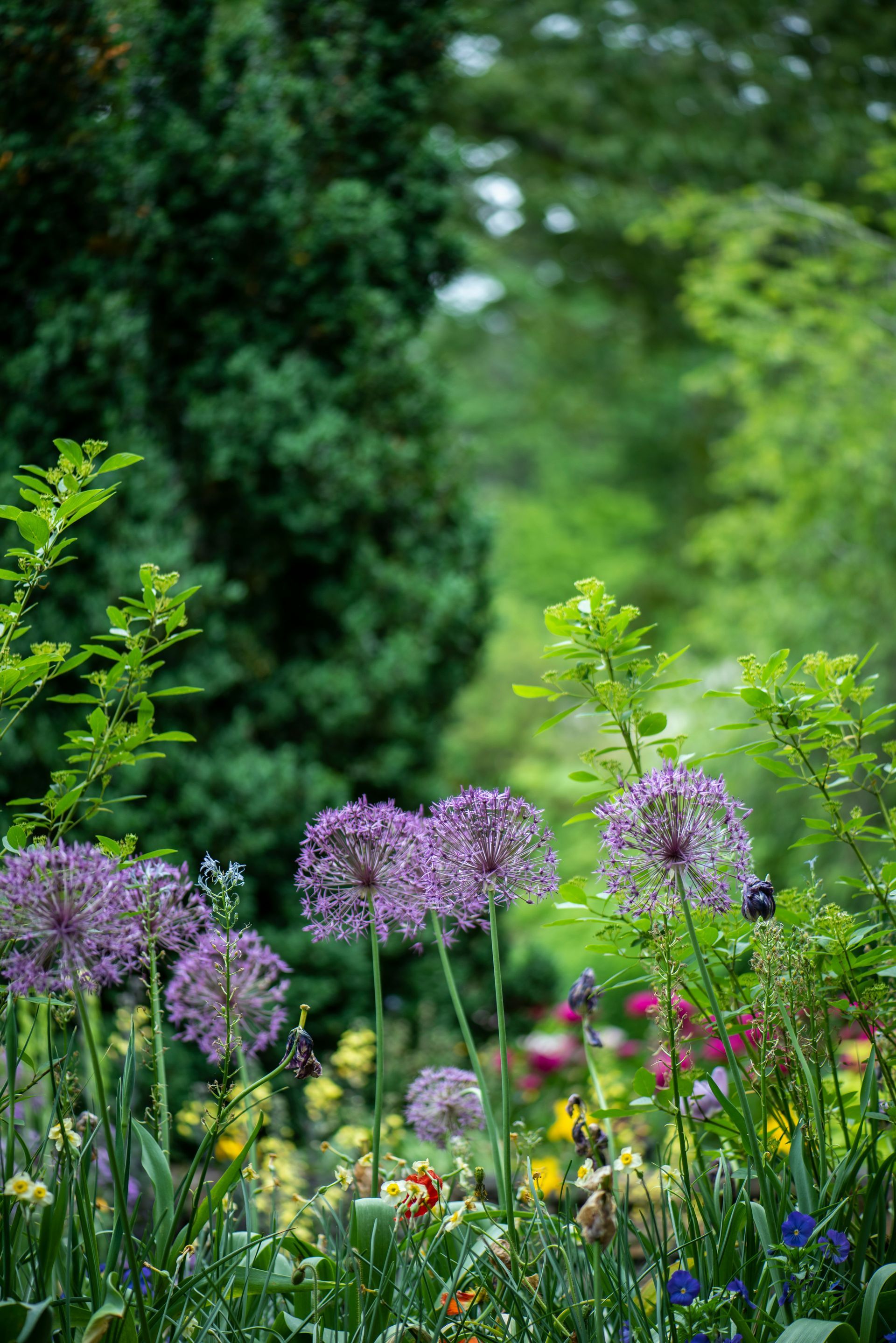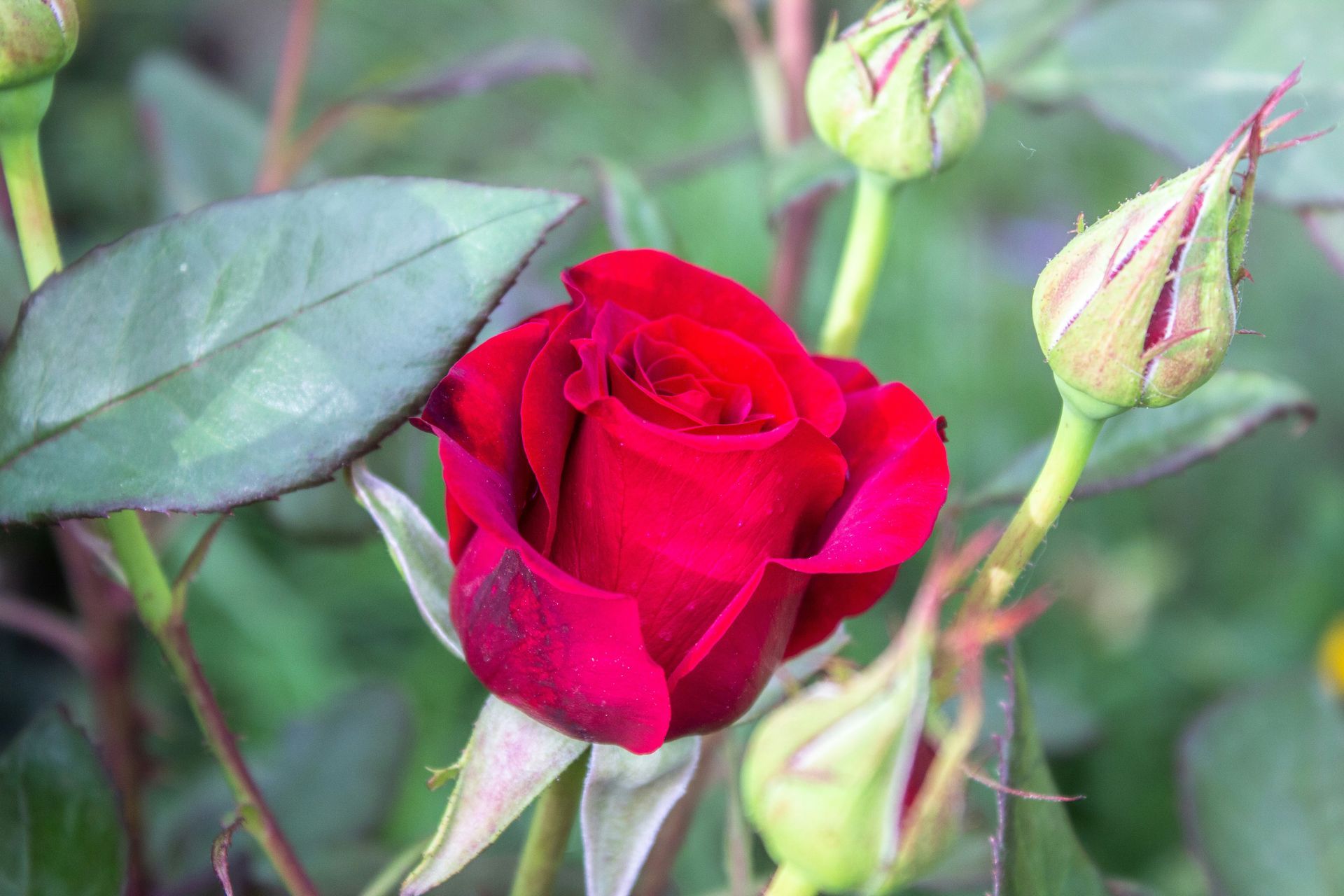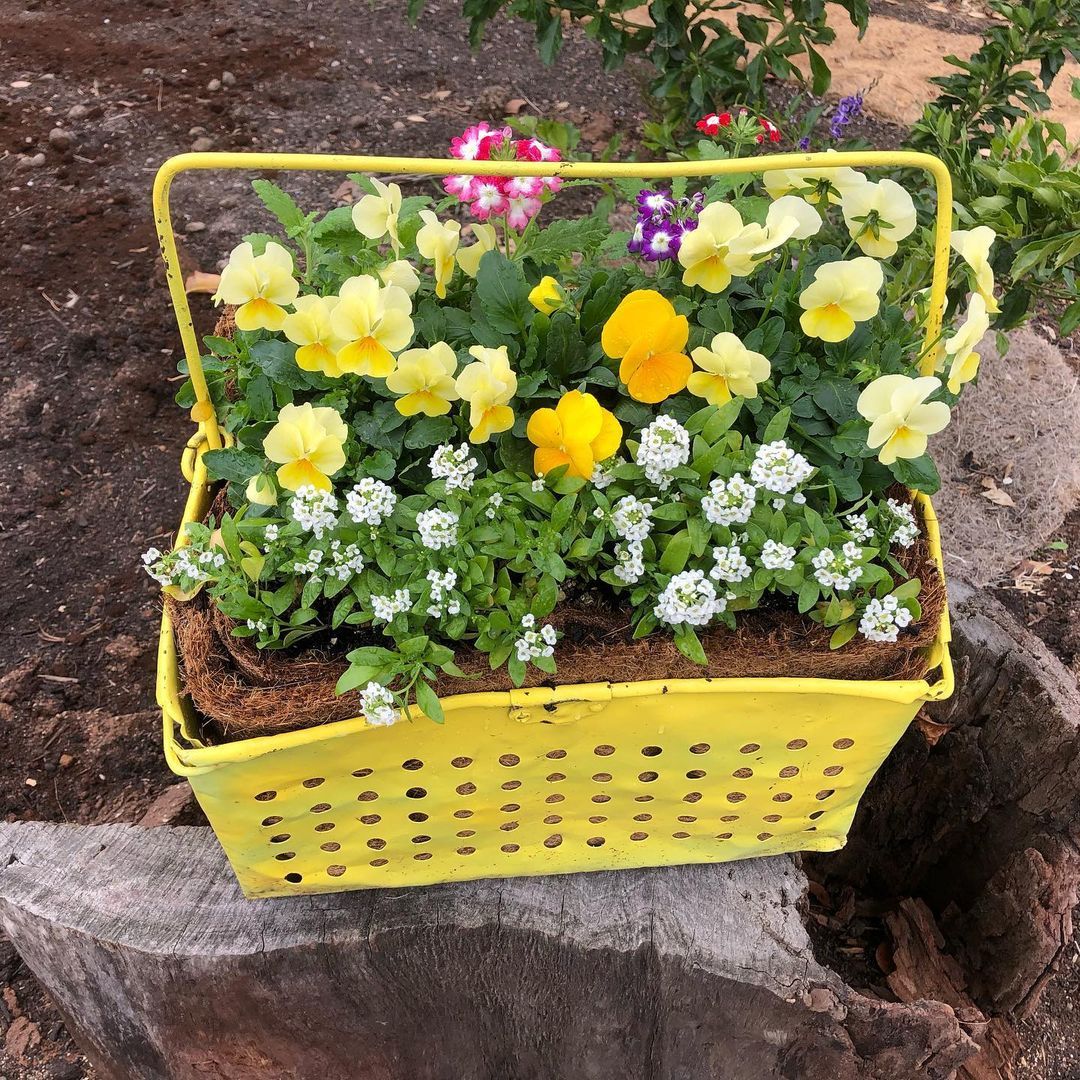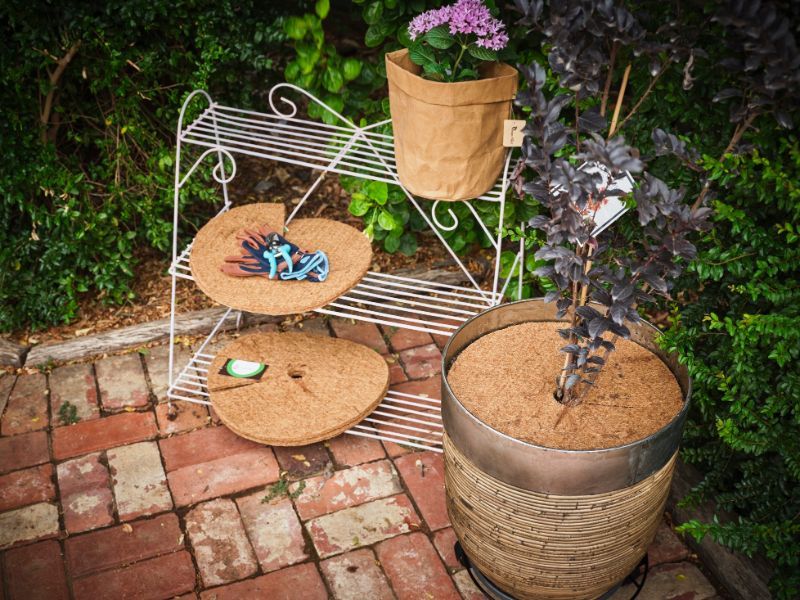Worm Farms and the Marvellous Role of Coir Fibre Mats
Worm farming, also known as vermicomposting, is an eco-friendly and efficient way to recycle organic waste while producing nutrient-rich compost. Worms are the unsung heroes of the composting world. They can break down kitchen scraps and other organic materials into valuable fertilizer. It doesn’t matter how big or small your worm farm is; its liquid and castings can supercharge your garden. Your worm farm can also lean into reducing wastage by utilising other objects. For example, our worm bed is an old bath, which my husband Lionel made a metal frame for it to sit up off the ground. It is now high enough to sit a bucket underneath to catch all the liquid. He also put an old dishwasher filter over the plug hole so no worms fall through.
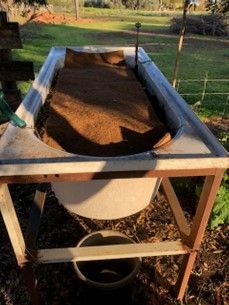
The Basics of Worm Farming
Worm farming is an ancient practice that has gained renewed attention recently. This is due to its ecological and practical advantages. Here's how it works:
- Choosing the Right Worms: Not all worms are suitable for a worm farm. Red wigglers, also known as Eisenia fetida, are the go-to choice. These worms thrive in the confined space of a worm bin, reproduce quickly, and have big appetites.
- Selecting a Container: A worm farm can be set up in various containers, such as plastic bins, wooden boxes, or specialized worm composting systems. It should have proper ventilation and drainage to ensure a healthy environment for the worms. If you are after a ready-made solution, most hardware stores stock worm farm kits.
- Feeding Your Worms: Worms eat a variety of kitchen scraps like fruit and vegetable peels, coffee grounds, and eggshells. However, avoid feeding them citrus fruits, onions, and meat, as these can harm the worms.
While worm farming has gained popularity for its sustainability benefits. We have a secret weapon that can significantly improve the process: coir fibre mats. These versatile mats are a valuable addition to your worm farm setup, and here's why:
- Moisture Regulation: One of the primary challenges in worm farming is maintaining the correct moisture levels. Worms need a moist environment to thrive, but excess moisture can lead to problems like mould and foul odours. Coir fibre mats retain moisture while allowing excess water to drain away, creating the ideal habitat for worms.
- Bedding Material: Coir mats are an excellent bedding material for worms. They're easy to work with, lightweight, and eco-friendly. As they break down over time, they also contribute to the overall organic matter in the worm bin.
- Easy Harvesting: When it's time to harvest the worm castings (worm poop), coir mats simplify the process. Move the coir mat to one side of the worm bed and put the food under the mat, leaving part of the bed exposed. The worms will migrate towards the food, making collecting the castings from the other side easier without disturbing the worms.
- Sustainability: Coir fibre mats are a sustainable choice for worm farming. They're a by-product of coconut processing, so using them helps reduce waste and supports environmentally friendly practices.
In our worm farm, we have cut a length of our 50cm wide coir fibre matting to sit over the top of the bed. This gives our worms all the benefits listed above. As a bonus, when the rains saturate the worm farm, the coir fibre also allows the worms to cling to it, saving them from potential drowning. Our grandsons love to feed the worms with kitchen scraps. They enjoy inspecting our ‘worm world’ and trying to work out which worms are the Mum’s and which are the Dad’s.
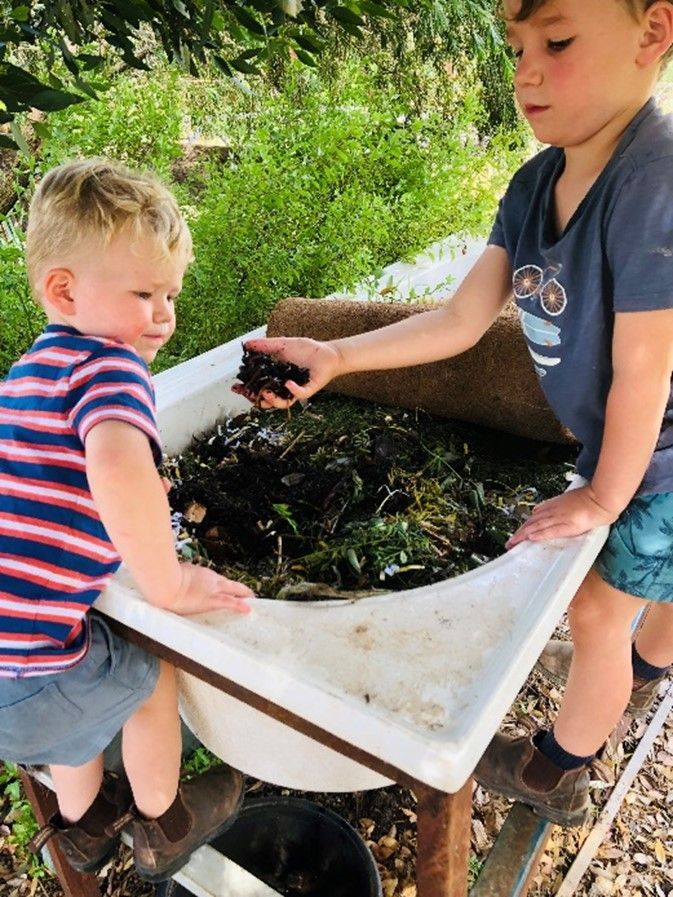
Worm farming is a remarkable way to reduce kitchen waste, while producing nutrient-rich compost for your garden. Incorporating coir fibre mats into your worm farm setup can improve moisture control, bedding quality, and overall productivity. These mats contribute to a healthier and happier worm population, making the entire process more beneficial and enjoyable.
If you're considering starting a worm farm or improving your existing setup, don't underestimate the importance of coir fibre mats. They are the unsung heroes of the worm farming world, playing a crucial role in turning kitchen scraps into liquid gold for your garden. So, go ahead and give coir fibre mats a try – your worms will thank you, and your garden will flourish.
